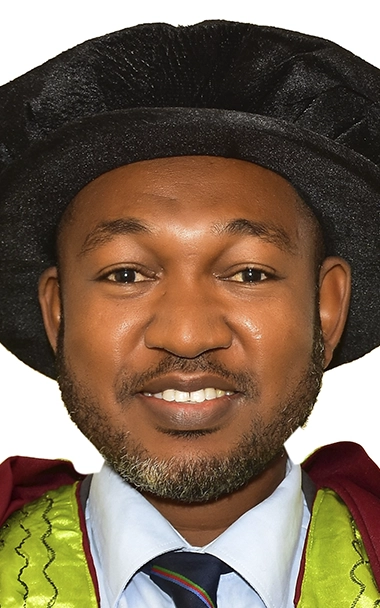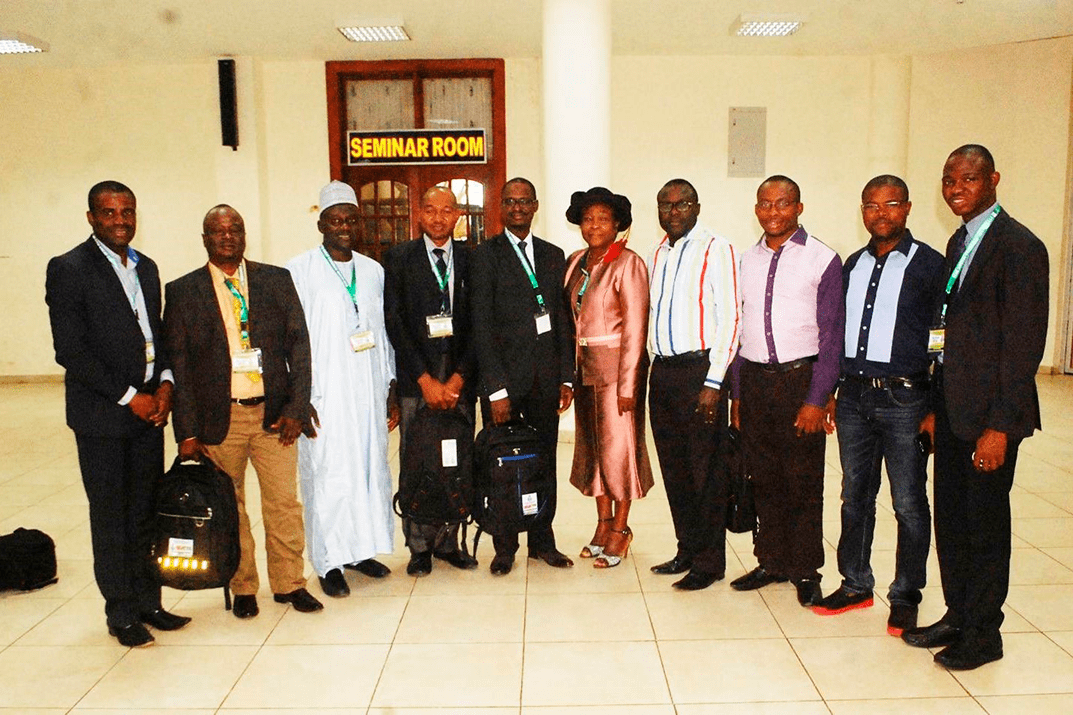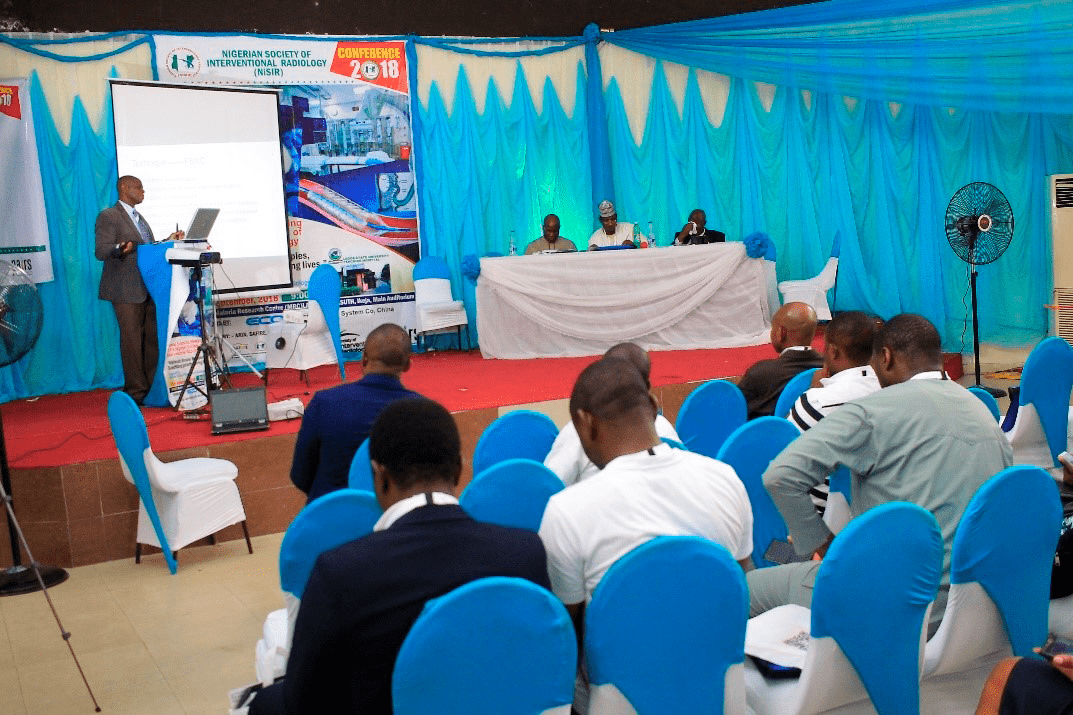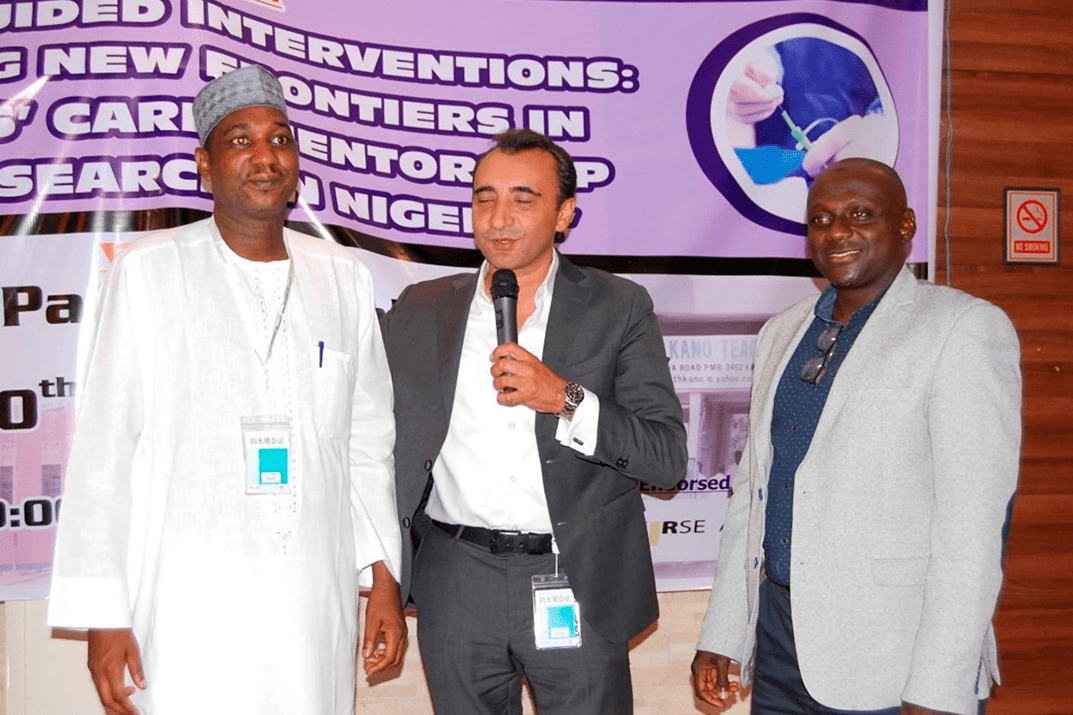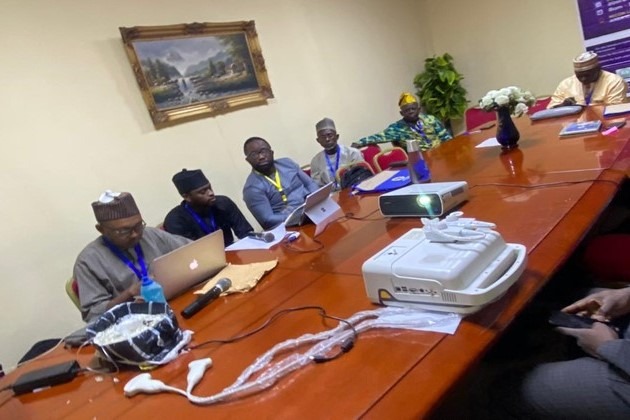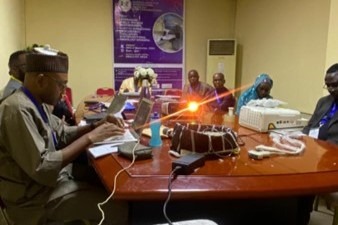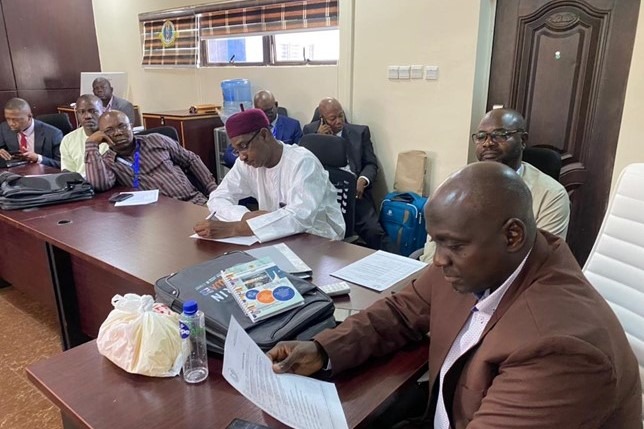The pathway to becoming an interventional radiologist in Nigeria
In Nigeria, the pathway to becoming an interventional radiologist involves several key steps:
-
Obtain a medical degree (MBBS)
Prospective IR specialists must first complete medical school at an accredited institution. This typically takes six years and includes foundational courses in anatomy, physiology, pathology, and clinical rotations.
-
Housemanship and medical licensure
After medical school, graduates must complete a one-year internship (housemanship) in an accredited hospital. They then complete a compulsory one-year service with the National Youth Service Corps (NYSC) or obtain an exemption.
Registration with the Medical and Dental Council of Nigeria (MDCN) is then required to practice.
-
Residency in radiology
Physicians must enrol in a radiology residency programme accredited by any of the following colleges:
- The National Postgraduate Medical College of Nigeria (NPMCN) (Fellowship in Radiology – FMCR)
- The West African College of Surgeons (WACS) (FWACS in Radiology)
The residency takes about 5-6 years and includes general diagnostic radiology training.
Basic exposure to angiography and fluoroscopy is provided, but structured IR training is still limited.
-
Subspecialty training in interventional radiology
Option 1: Local training via NiSIR and institutions with IR facilities
The Nigerian Society of Interventional Radiology (NiSIR) is working to formalize IR training in Nigeria.
Some teaching hospitals in Nigeria have IR units where trained radiologists can gain hands-on experience.
Institutions like Aminu Kano Teaching Hospital (AKTH), Lagos University Teaching Hospital (LUTH), University College Hospital (UCH), Ibadan and Euracare Hospital have some level of IR services. Short-term training courses, mentorships, and observerships are available at these hospitals.
Recently, through initiatives like IRDOCNIGERIA, focused training has commenced at Euracare Multi-Specialist Hospital, which works in collaboration with other public teaching hospitals. The project focuses on complex procedures such as transjugular intrahepatic portosystemic Shunt (TIPS). Despite the obstacles, collaborations with international experts and organizations like RAD-AID Nigeria and the Nigerian Society of Interventional Radiology (NiSIR) are working to expand IR training and practice.
Option 2: International fellowships
Due to the limited number of structured IR training programmes locally, many Nigerian radiologists pursue fellowships abroad in:
- The United States (via Society of Interventional Radiology programmes)
- The United Kingdom (via Royal College of Radiologists IR fellowships)
- Europe (with obtaining the EBIR, the European Board of Interventional Radiology, as the goal)
- India, South Africa, and Egypt, which have growing IR training centres.
-
Certification and practice
After completing training, an IR specialist may obtain:
- Certification from the National Postgraduate Medical College of Nigeria (NPMCN) or WACS with an IR subspecialty.
- The European Board of Interventional Radiology (EBIR) certification for those trained in Europe.
- Fellowship recognition from global interventional radiology societies.
They can then practice IR in Nigeria, contributing to minimally invasive procedures like biliary drainage, nephrostomy, IVC filter placement, catheter-directed thrombolysis, angioplasty, embolization, tumour ablation, and vascular access interventions.
Despite the steps forward we’ve taken, limited local IR programmes still necessitate foreign training for many, and there is a shortage of IR equipment in many hospitals. NiSIR and medical institutions are working toward developing a formalized IR fellowship in Nigeria.
In summary, becoming an interventional radiologist in Nigeria requires dedication, international exposure, and advocacy for local training. With ongoing efforts by NiSIR and medical colleges, IR is steadily growing in Nigeria, offering exciting opportunities for future specialists.

